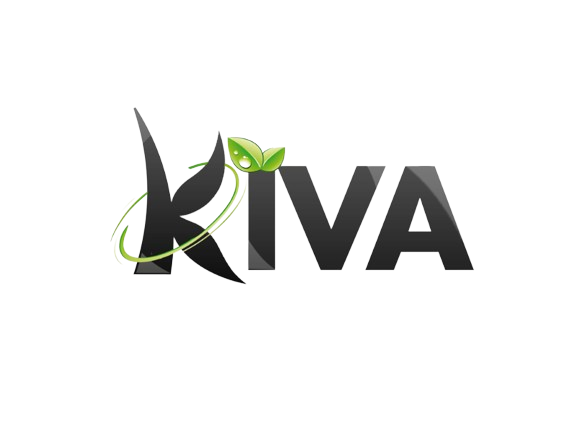If you’re a nurse, you know that your job is essential to the healthcare system. But you also know that your job can come with financial challenges. Whether you’re dealing with student loan debt or unexpected expenses, you may need some extra funding to help make ends meet. Fortunately, there are personal loan options available specifically for nurses that can help you finance your needs. In this blog post, we’ll explore the personal loan options for nurses and how you can qualify for them.
Why Nurses May Need Personal Loans
Nursing is a demanding profession that requires a lot of hard work, dedication, and education. However, it’s not always financially rewarding. Nurses may face a variety of financial challenges, such as:
Student Loan Debt – Many nurses have student loan debt that can be a significant burden on their finances.
Unexpected Expenses – Nurses may have unexpected expenses such as medical bills, car repairs, or home repairs.
Low Wages – Despite the crucial role that nurses play in healthcare, they may not always receive a high wage.
Lack of Savings – Nurses may not always have enough savings to cover emergency expenses or other financial needs.
Personal Loans for Nurses
If you’re a nurse, and you’re facing financial challenges, a personal loan may be a good option for you. Personal loans are unsecured loans, which means that they don’t require collateral. They can be used for a variety of purposes, such as consolidating debt, paying for unexpected expenses, or making a large purchase.
Personal loans for nurses are available from a variety of lenders, including banks, credit unions, and online lenders. These loans may have lower interest rates and more favorable terms than other types of loans. Some lenders even offer personal loans specifically for healthcare professionals.
Qualifying for Personal Loans
To qualify for a personal loan, you’ll need to meet the lender’s eligibility requirements. These requirements may vary depending on the lender, but they generally include:
Good Credit – Lenders will check your credit score and credit history to determine your creditworthiness.
Stable Income – You’ll need to have a stable income to show that you can make the loan payments.
Low Debt-to-Income Ratio – Lenders will also look at your debt-to-income ratio to determine if you can afford the loan payments.
Employment Verification – Some lenders may require proof of employment to verify your income.
If you don’t meet the eligibility requirements for a personal loan, you may still be able to qualify by:
Applying with a Co-Signer – A co-signer with good credit and a stable income can increase your chances of getting approved.
Improving Your Credit Score – You can improve your credit score by paying down debt, making payments on time, and disputing errors on your credit report.
Building Your Savings – Lenders may be more willing to approve your loan if you have a substantial amount of savings.




Leave a Reply